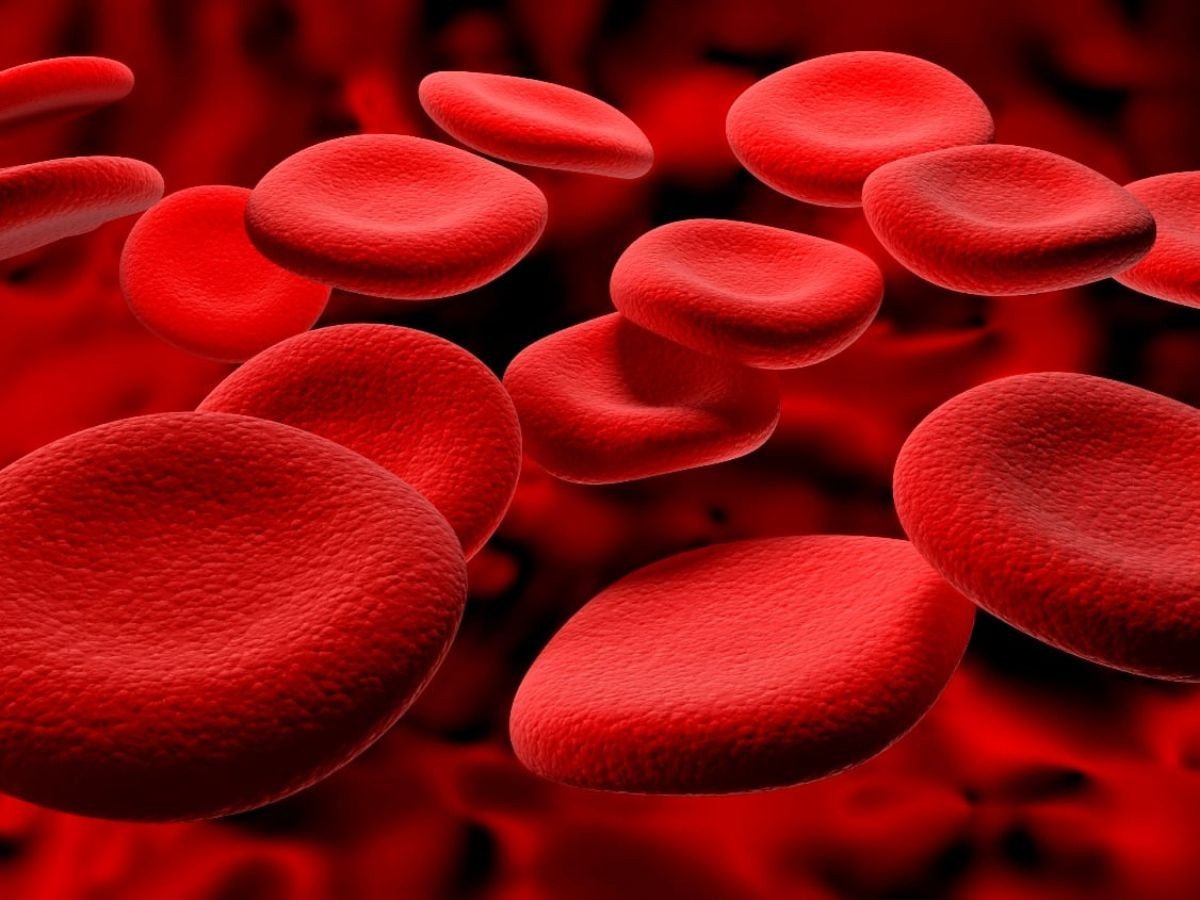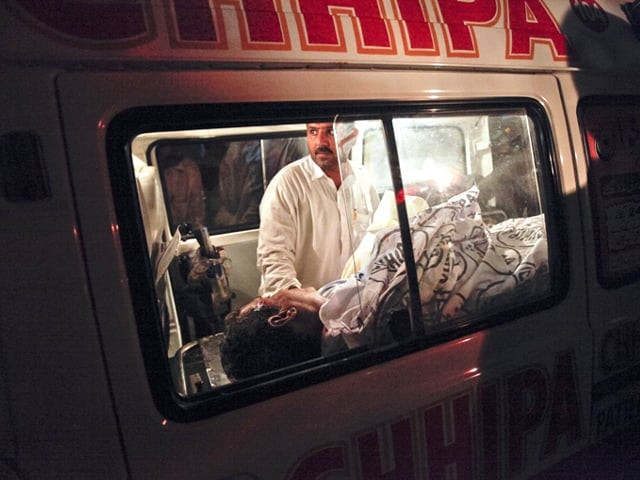Breaking the Cycle: Tackling Thalassaemia in Pakistan
In Mardan, Pakistan, seven-year-old Muhammad Aban’s life is a reflection of resilience amid adversity. Currently in Benazir Children’s Hospital, Aban yearns for the simple joy of playing with other children, a luxury he longs for but often can’t enjoy due to his ongoing battle with thalassaemia. Diagnosed at just 11 months old, Aban relies on two to three blood transfusions weekly to survive.
His mother, Aneela Bibi, shares that his struggle is compounded by the fact that his elder brother is also fighting the same disease. The heartbreaking reality is that the family’s challenges deepen not only from the medical complications but also from the financial and social strains tied to their condition.
Details like Aneela’s experiences showcase the realities facing families with a history of thalassaemia. She recounts how in the past, relatives and friends would step up to donate blood. Unfortunately, as awareness grows around the disease, many have shied away from frequent hospital visits, creating an added layer of stress for families in dire need.
Moreover, a lack of premarital genetic screening exacerbates the issue. Aneela’s family didn’t undergo tests before marriage, leading to a painful discovery of thalassaemia in both of her sons. This situation isn’t unique; research indicates a disturbing trend: many children diagnosed with thalassaemia come from families where cousin marriages are common.
The Hamza Foundation reveals that approximately 25,000 individuals suffer from thalassaemia in the Khyber-Pakhtunkhwa region alone, with 1,500 registered at their center. Alarmingly, nearly 6,000 new cases emerge every year, predominantly affecting children from consanguineous marriages.
Experts like Dr. Qaiser Zaman emphasize the importance of awareness surrounding genetic disorders. His research indicates that approximately 71% of rare genetic disorders stem from familial relationships. Without diagnostic facilities locally, families are left to grapple with high diagnostic costs abroad, which often feels insurmountable.
While laws exist to mandate premarital screening for diseases like thalassaemia, compliance is abysmally low. Dr. Abbas Ali Khan, a pediatrician at Benazir Children’s Hospital, notes that though screening is vital, it isn’t being enforced effectively. He urges the government to not just create laws but to implement policies ensuring the health of future generations.
For families like Aneela’s, the struggle against inherited disorders is a persistent challenge — shaped by tradition, lack of awareness, and public health policy gaps. However, there is hope on the horizon. With proactive educational campaigns, local diagnostic improvements, and strict enforcement of screening laws, we can break this cycle and pave the way for healthier futures.
By investing in our children’s health today, we can spare them the heartache and hardship faced by children like Muhammad Aban. Every small step contributes to a larger change. If you’re looking for ways to help or wanting to stay updated on health initiatives, consider connecting with organizations like Pro21st, where community empowerment and health advocacy make a tangible difference.
At Pro21st, we believe in sharing updates that matter.
Stay connected for more real conversations, fresh insights, and 21st-century perspectives.





